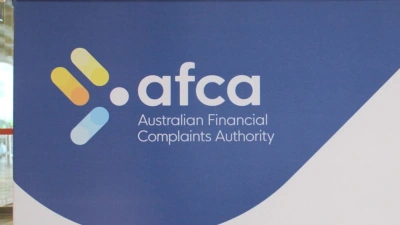FSC justifies ‘secret’ Treasury submissions



Avoiding being part of a “political fight” is the Financial Services Council’s (FSC’s) reasoning behind making confidential submissions to Treasury inquiries.
Appearing to the Standing Committee on Economics inquiry on common ownership and capital concentration in the House of Representatives, Blake Briggs, FSC deputy chief executive, was questioned about the FSC’s submissions.
The organisation had previously submitted evidence on the issue of proxy voting but had chosen to make that submission confidential until discovered by a Freedom of Information request.
Andrew Leigh, deputy chair of the committee, asked Briggs why he had been making “secret submissions” and what that indicated about the organisation’s transparency.
Briggs said the FSC had wanted to provide a policy view on the issue of proxy advisers but wanted to avoid becoming part of a “political fight”.
“The use of the term ‘secret’ is a loaded term and I disagree with that characterisation,” Briggs said.
“The debate about proxy voting is a political one, it’s not one that the FSC felt a need to participate in on either side of the politics on that equation. So, the FSC asked for our submission to be treated as confidential.
“It wasn’t a political fight that we wanted to participate in. The main reason for keeping it confidential was we didn’t want it to play out in the media, we didn’t feel the need to be part of that space.”
Meanwhile, Briggs said it would take a “very courageous person” to not participate in competition for the benefit of its shareholders. While he thought the committee was right to investigate competition and the potential for law reform, he said he could not see evidence of problems.
“It would take a very courageous person to infer that someone didn’t want to compete and risk breaking the law based on their hunch of what their investors might want them to do,” Briggs said.
“It is very difficult to see any real evidence out there that suggests companies are not trying to compete because of a perception of who their owners are.
“In the absence of there being any evidence, and with clear incentives for companies to compete to grow, there is not a clear need for change.”
Recommended for you
ASIC’s court case with Interprac is causing advisers to explore the possibility of self-licensing, according to My Dealer Services, as they observe the reputational damage it can bring to a practice.
AZ NGA has entered a strategic partnership with a Sydney advice firm with $600 million in assets under advice to support its succession plans and future growth.
With complaints on the rise and an expanded jurisdiction, the Australian Financial Complaints Authority is on the hunt for four C-suite roles, three of which are newly-created positions.
Ahead of the 1 January 2026 education deadline for advisers, ASIC has issued its ‘final warning’ to the industry, reporting that more than 2,300 relevant providers could be on their way out.











